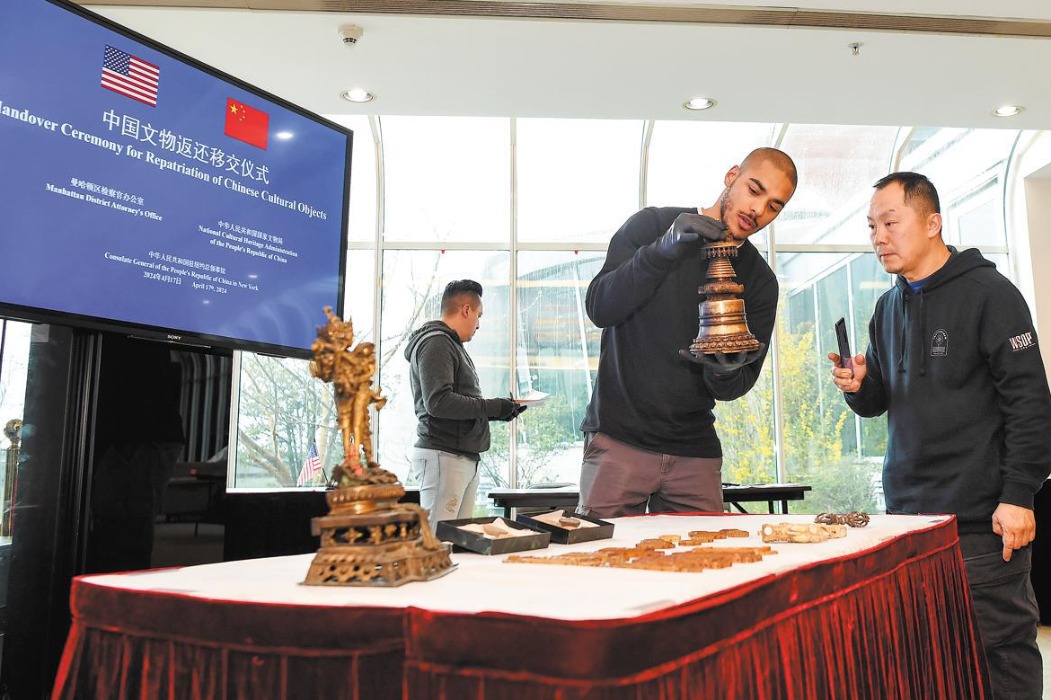Long-term vision of China's auto sector in focus
By CAO YINGYING | China Daily | Updated: 2023-03-13 09:27

Hydrogen power has garnered increasing attention from auto executives as well.
In 2022, China launched several demonstration and application projects for hydrogen fuel cell vehicles. Last year, 3,789 such vehicles were sold, more than doubling the figure in the previous year, according to the CAAM.
Jing Zhu, president of Haima Automobile and an NPC deputy, proposed that Hainan province in South China be included as a demonstration area for hydrogen fuel cell vehicles. He cited the region's island characteristics and abundant tourism resources as ideal conditions for promoting the use of hydrogen fuel cell vehicles.
He suggested that local companies be encouraged to participate in the industrial chain of hydrogen fuel cell passenger vehicles, including research, development and production, with subsidies provided.
Several carmakers, such as SAIC, Haima and Great Wall Motors, have introduced hydrogen-powered models, primarily for commercial use.
In June, Changan Automobile's new energy brand, Deep Blue, launched a hydrogen version of the SL03, making it the first mass-produced hydrogen fuel cell sedan in China.
The Hydrogen Council predicted that the number of hydrogen fuel cell vehicles will reach around 1 million globally by 2035, indicating significant market potential and development opportunities.
Gong Mingming, head of public relations at FTXT Energy Technology Co, said despite some technical hurdles, the sector has shown promising prospects in China. Hurdles include a lack of core technologies in key materials and components, incomplete industry chains and insufficient innovation in key technologies of the supply chain.
Gong believed that in the long run, the limitations of the hydrogen energy industry will decrease with breakthroughs in technology, localization of production and scale development. With the support of policies, the future prospects of hydrogen fuel cell vehicles are broad.
Another pressing issue that deputies are focusing on is the export of vehicles, as China's auto industry is striving for higher-quality development amid global competition.
According to the CAAM, China exported 3.1 million vehicles in 2022, up 54.4 percent year-on-year. Of them, 679,000 units were NEVs, which saw a climb of 120 percent year-on-year.
Yin Tongyue, president of Chery Automobile and an NPC deputy, suggested a reduction in import tariffs on vehicles and the development of tariff policies that promote reciprocity in trade. Such measures could ultimately lead to a decrease in export tariffs.
Zhang Xinghai, president of Seres and a CPPCC member, suggested facilitating carmakers' technological exchanges and participation in overseas exhibitions.
He also suggested reducing transportation costs by subsidizing freight rates and optimizing routes. This includes the opening of multiple ports for import and export purposes.























